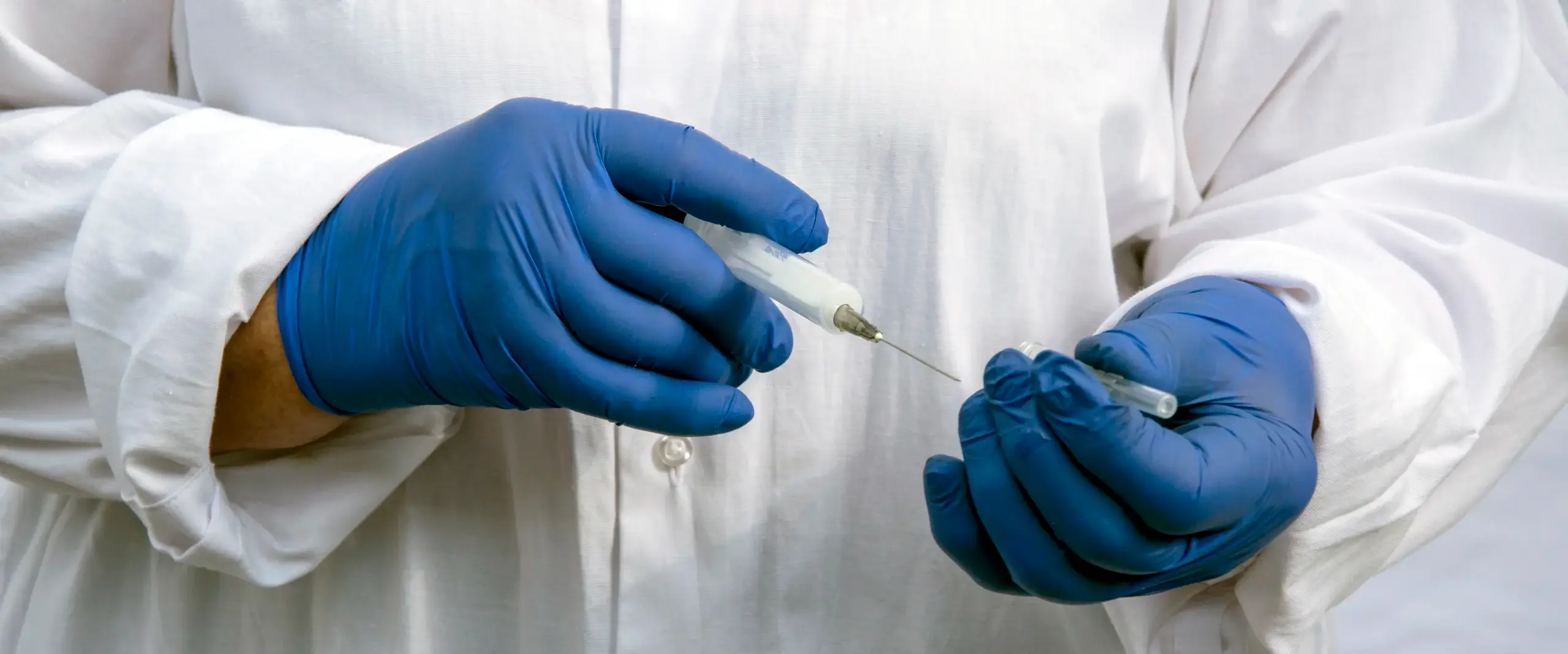Conversations with the Academy series webinar, April 30, 2021

The COVID-19 pandemic has taken a grievous and burdensome toll on life, healthcare systems, and the global economy.
On the other hand, the favorable outcome with the accelerated development of vaccines, and the pragmatic utilization of the Emergency Use Authorization (EUA) instrument, has triggered an increasingly empowered patient and advocacy voice for pre-approval access to investigational treatments and biopharmaceutical innovation. This has also drawn attention to revisiting traditional tenets with future approvals of new drugs for very sick patients and the likely longer-term implications for medicines development paradigms and clinical trial design considerations.
As the healthcare and regulatory landscape evolves to tackle the emerging challenges and leverage learnings, fundamental issues are being highlighted around medical, regulatory, and ethical decision-making, increasingly sophisticated systems and data-sharing, and global collaboration and transparency.
What is the purview of the regulatory authorities today? How could the regulatory sciences systems and processes be refurbished to meet future needs? What are the demands on the biopharmaceuticals industry and regulators to remain relevant, offering substantial solutions for the clinical development and technical review of innovative medicines?
Expounding on the imperative for regulatory oversight models to evolve in response to changing healthcare and medicines development needs, David Jefferys, Senior Vice President, Eisai, Lawrence Liberti, Adjunct Assistant Professor, Temple University School of Pharmacy, and Leonard Sacks, Associate Director, US Food and Drug Administration, deliberated on key practices that have arisen, adapted, or accelerated by the pandemic. Which ought to continue in future endeavors, and what policy and scientific initiatives need to be instituted for a meaningful and sustainable change in direction?
The panel emphasized that the COVID-19 pandemic has displayed how researchers, manufacturers, and regulators have been able to expeditiously apply the components of the development toolbox in novel ways to deliver safe and effective vaccines, therapeutics, and devices, in record time.
While several stakeholders may view these events as portending a seismic transition with traditional medicines development and access, the emphasis is now on how and which elements of these experiences might be more broadly extrapolated to the overall cycle of evaluation, manufacturing, regulating, and monitoring innovative medicines.
The challenges notwithstanding, the pandemic has also created alternate avenues for developing and evaluating new medicines, as in the arenas of clinical trials design and conduct, application of digital technologies, remote monitoring and oversight, patient engagement, collaborative working, and knowledge and data sharing. The panel explored learnings from the past year and proposed opportunities to apply these to refining the development and access pathways for next-generation pharmaceuticals.
The discussants elaborated on identifying processes that could contribute to improving discovery, manufacturing, regulatory reviews, and post-authorization assessments. They expanded on the earlier deployment of Real-World Evidence (RWE) and its integration throughout the evaluation lifespan, considering aspects of new trial designs and approaches, including pragmatic trial concepts and the use of RWE and post-approval data.
Appreciating the role of heightened awareness and of collaboration – enhanced partnering between several sponsors and streamlined coordination among agencies – it is evident that promoting competency-based education would be essential to leverage the lessons learned and to bring better medicines to our societies.
The global community has witnessed unprecedented stakeholder engagement and dialogue to identify and enable potential flexibilities and efficiencies within acceptable social and legal frameworks. These have encompassed diverse domains such as supply chain processes, conduct, and reporting of clinical trials, manufacturing, rolling authorization reviews, and integrating post-authorization real-world leanings.
It will be critical to translate these learnings to future clinical assessment and regulatory sciences pathways with non-COVID trials and settings. Importantly, resource prioritization and optimizing development and regulatory models could continue to foster innovation and drive healthcare systems to address unmet medical and social needs.
Even as humanity anticipates the next health challenge….
As always, we express our sincere appreciation for the keen insights from our expert faculty and hosts. And, we are motivated by your active participation at these events.

















